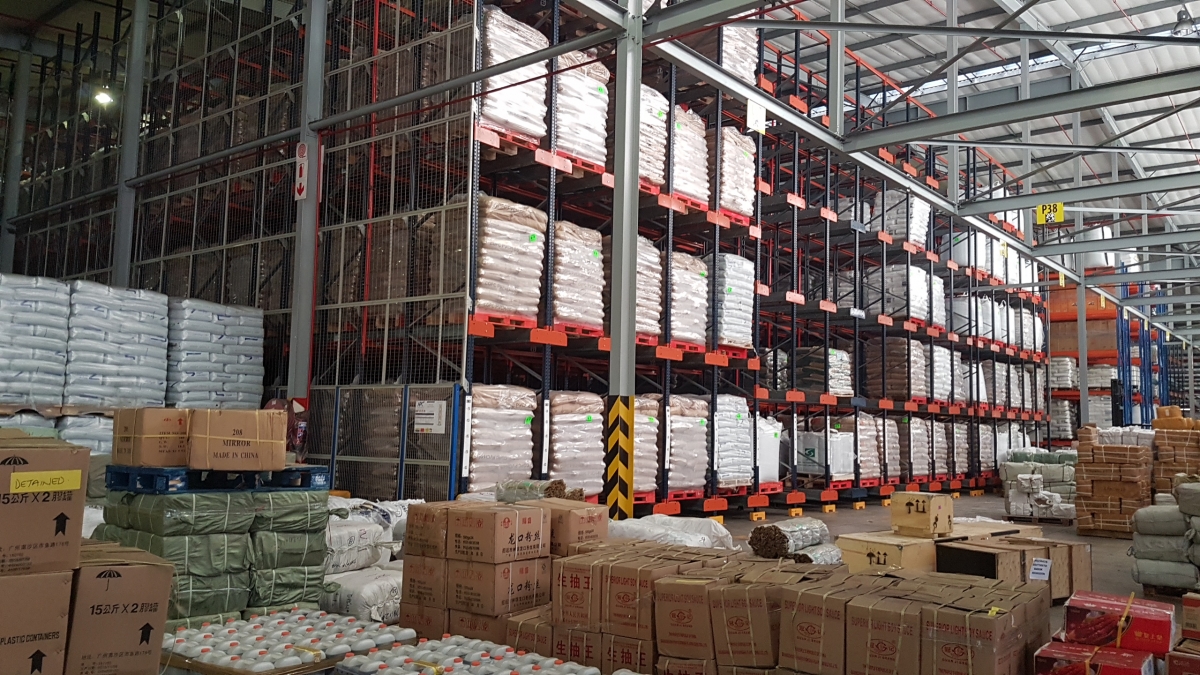As the owner or manager of a privately-owned business, you may not think that you need the insurance protection that large, listed companies have for their directors and officers. However, companies of all sizes, even non-profit organisations and membership associations need comprehensive cover for liabilities that could arise from wrongdoings by directors and officers in conducting their managerial responsibilities. D&O liability insurance has a vital role to play in any business, regardless of size or nature of ownership.
This is according to Geoffrey de Pinchart, Business Unit Manager for Directors and Officers Liability at Aon South Africa. “Statistics over the last decade show that D&O claims against privately-owned businesses and non-profit organisations are as prevalent as in large listed entities. Yet research by Datamonitor suggests that 70% of SMEs do not have D&O cover despite the increased regulatory scrutiny and the more litigious nature of society, leaving executive management in private firms exposed.”
What is D&O liability insurance?
The main purpose of a D&O policy is to offer financial protection for executives, which provides investigation and defence costs together with awards for a valid claim. The cover that a D&O liability insurance policy provides is an absolute necessity when it comes to the protection of the personal assets of directors, officers and other employees that are charged with supervisory and managerial responsibilities, who can be held liable for wrongful acts which may occur in their day-to-day management activities.
“A D&O claim is typically made by a third party that has some relationship with or interest in the company – such as shareholders, investors, customers, consumer groups, competitors, unions, contractors and even government – who alleges that a director or officer has acted wrongfully, and in most instances, causes a financial loss to the third party. A loss suffered by a third party will usually be followed by litigation against the individuals who own and manage it, with substantial legal costs to defend such action, and sometimes even civil damages being instituted. A wrongful act is typically defined as an actual or alleged breach of duty, breach of trust, neglect, error, misstatement, misleading statement, omission, breach of warranty or authority or any other act, but excluding intentional and deliberate acts,” explains Geoffrey.
But does management of SMEs really have exposures to seemingly ‘corporate’ liabilities?
Although the financial quantum may differ between a large listed company versus a private owner-managed business, many of the exposures faced by D&Os in both are the same. For example they can be held liable for pollution incidents, cyber breaches, for the debts of the company should it go insolvent, for employee injuries at work, unfair dismissals or sexual harassment charges.
In 2014, the managing director of clay-mining company Blue Platinum Ventures became the first company director in South Africa to be held personally liable for a mining-related environmental offence. The cost of rehabilitation in the Blue Platinum Ventures case was estimated by the court at R6.8-million and gave the director a five-year suspended sentence on condition that the damage was rehabilitated in three months. It was the first time that a director has been sentenced to imprisonment without the option of a fine and also the first time that a sentence has been linked to environmental rehabilitation
“There is also a perception that professional indemnity (PI) insurance taken out by the likes of engineers, accountants, attorneys, healthcare professionals and so on would respond in a D&O claim, which is not the case as PI and D&O cover serve very different purposes. The PI policy provides cover specifically relating to the professional services rendered, whilst a D&O policy provides cover for mismanagement and failure to supervise appropriately. Some insurers add a PI exclusion to their D&O policies, while others provide cover for failure to supervise should their staff cause a PI exposure to the company as a direct result,” explains Geoffrey.
The reality is that D&O claims are stressful and long-tailed, with the legal process often taking years to come to conclusion. For a privately owned business, this can distract the key directors from running the business effectively. It’s also unlikely they will have experience in such matters, nor the access to internal HR and legal departments to counsel them through the process. Most crucially in private companies, directors often invest their own personal wealth to get the business up and running, which means the cost of defending a claim without D&O cover could impact their family’s financial security and personal assets.
“Where a claim is lodged, the cost of legal defence and investigating an allegation, even if proved unfounded, can run into millions of Rands, draining personal financial resources, as well as the human resources that should be focused on running the business. Many small companies may be dealing with larger corporations who have legal teams and may take legal action against the board should they feel the director caused them a loss and would be prepared to take this to court as they have the funds to do so. Many directors of SMEs would not have the funds to get professional legal assistance without the protection afforded by a D&O policy,” concludes Geoffrey.
Talk to a professional Aon broker with a deep specialisation in the D&O liability environment backed with the right D&O cover to protect your business, reputation, personal assets, colleagues and financial sustainability. Globally, Aon has driven the progression of Directors’ and Officers’ (D&O) liability insurance for over 20 years and has developed many products that are now accepted industry standards. Aon places more than $2.6 billion in D&O liability premiums annually.








